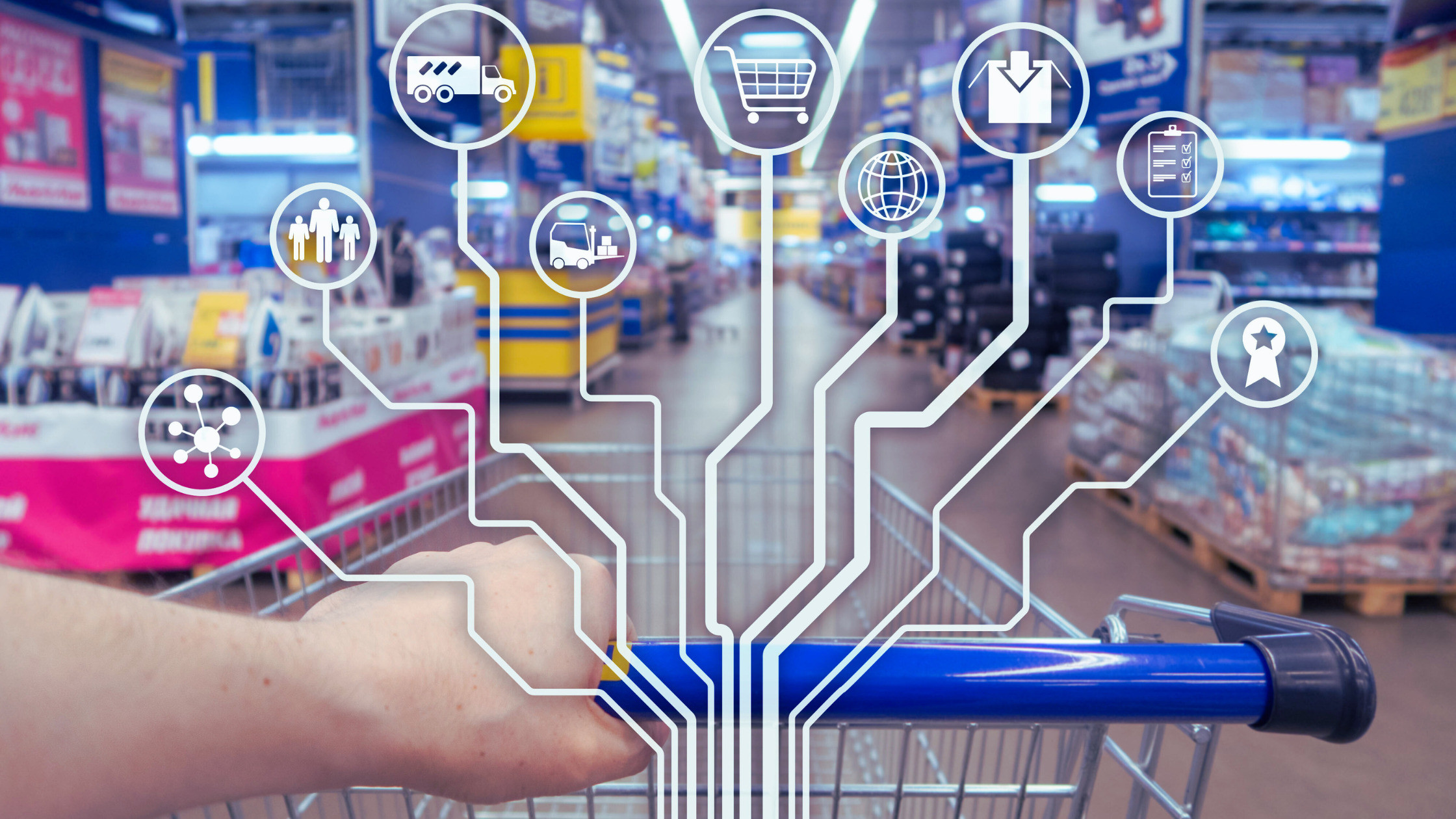In the dynamic landscape of the retail industry, automation emerges as a game-changer, revolutionizing operations, enhancing customer experiences, and redefining efficiency. This transformative wave is not just about replacing manual processes with machines; it's about harnessing technology to unlock new potentials, create value, and elevate the retail experience to unprecedented levels. Below, we delve into the multifaceted impact of automation in retail, exploring how it's setting new benchmarks and leveling the playing field for players, big and small.
Streamlining Inventory Management
One of the most significant impacts of automation in the retail sector is the revolution in inventory management. Gone are the days of manual stocktaking and its endless paperwork. Automation technologies, including RFID tags and AI-powered inventory management systems, enable retailers to track stock levels in real time with unparalleled accuracy. This leap forward minimizes the risk of overstocking or stockouts and ensures that the right products are available at the right time, enhancing customer satisfaction. Moreover, predictive analytics can forecast demand more accurately, allowing retailers to optimize inventory levels and reduce holding costs. This efficiency boosts profitability and enables retailers to respond swiftly to market trends, giving them a competitive edge.
Enhancing Customer Experience
The role of automation in elevating the customer experience cannot be overstated. From personalized shopping recommendations powered by AI to seamless checkouts through self-service kiosks, automation makes shopping more convenient, faster, and enjoyable. Chatbots and virtual assistants provide 24/7 customer service, handling inquiries and resolving issues promptly, improving customer satisfaction and loyalty. Furthermore, augmented reality (AR) fitting rooms and virtual try-ons offer customers an innovative way to engage with products before purchasing, merging the digital and physical shopping experiences. This level of personalization and convenience sets new customer service standards, compelling retailers to adopt automation technologies to meet and exceed customer expectations.
Optimizing Supply Chain Operations
Automation is also transforming the backbone of the retail industry: the supply chain. Advanced logistics solutions powered by AI and machine learning are optimizing routing, reducing delivery times, and lowering transportation costs. Drones and autonomous vehicles are beginning to make their mark, promising even faster and more cost-effective delivery options in the future. Moreover, blockchain technology is enhancing transparency and trust in supply chains by providing a secure and unalterable record of transactions. This optimization leads to a more resilient supply chain capable of adapting to disruptions more effectively and ensuring a consistent flow of goods to meet consumer demand.
Improving Marketing and Sales Strategies
In marketing and sales, automation is providing retailers with tools to target and engage customers more effectively. Programmatic advertising, powered by AI algorithms, automates the buying and placement of ads, ensuring that marketing messages reach the right audience at the optimal time. Customer relationship management (CRM) systems automate customer communications and interactions, fostering stronger relationships and driving sales. Additionally, data analytics tools enable retailers to gain deep insights into customer behavior and preferences, allowing for the development of more targeted and effective marketing strategies. This data-driven approach enhances the effectiveness of marketing campaigns and increases the ROI on marketing spend.
Boosting Operational Efficiency and Reducing Costs
Lastly, automation is pivotal in enhancing operational efficiency and slashing costs. Automated cash management systems, for example, reduce errors and theft while freeing staff to focus on customer-facing activities. Energy management systems are automating the control of lighting, heating, and cooling in stores, significantly reducing energy consumption and costs. Additionally, robotics and automated warehouse systems are streamlining order fulfillment processes, increasing speed and accuracy while lowering labor costs. These improvements bolster the bottom line and enable retailers to invest more in growth and innovation.
Conclusion
Automation is not merely a trend in the retail industry; it's a foundational shift that is leveling the playing field and setting new benchmarks for efficiency, customer service, and innovation. By streamlining inventory management, enhancing customer experiences, optimizing supply chain operations, improving marketing and sales strategies, and boosting operational efficiency, automation enables retailers to meet the challenges of the digital age head-on. As technology continues to evolve, the potential for automation in retail seems limitless, promising even more exciting developments. Retailers who embrace these technologies can look forward to surviving and thriving in the competitive retail landscape of the future.

